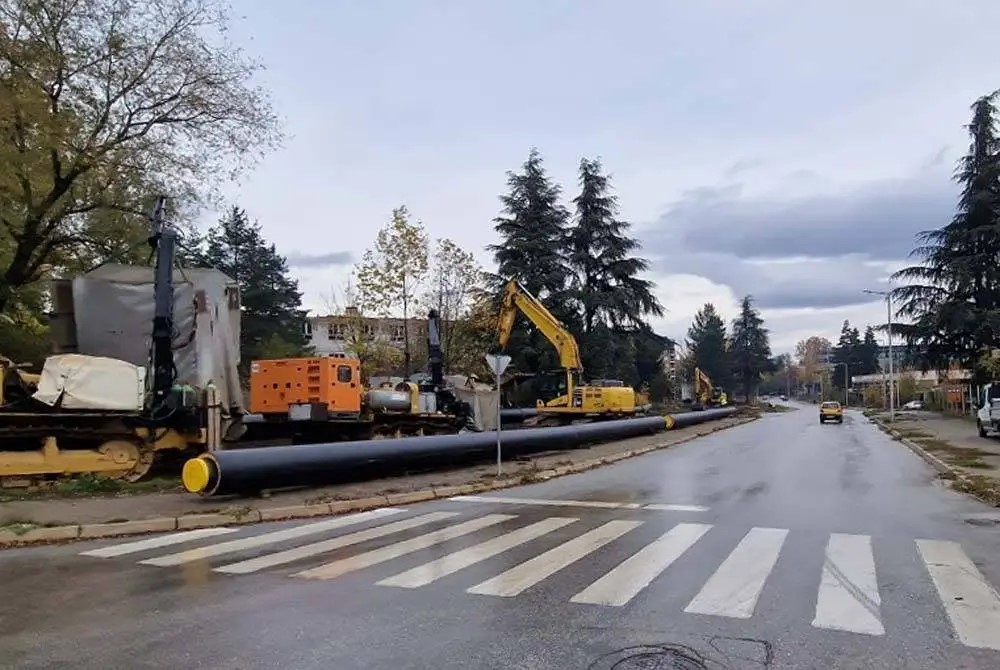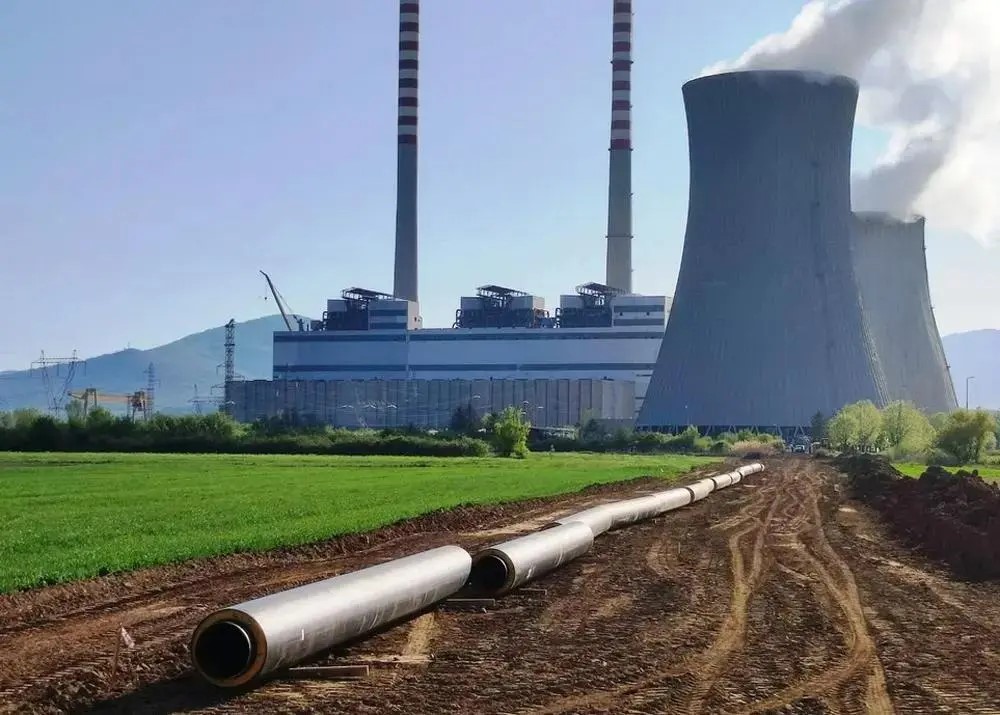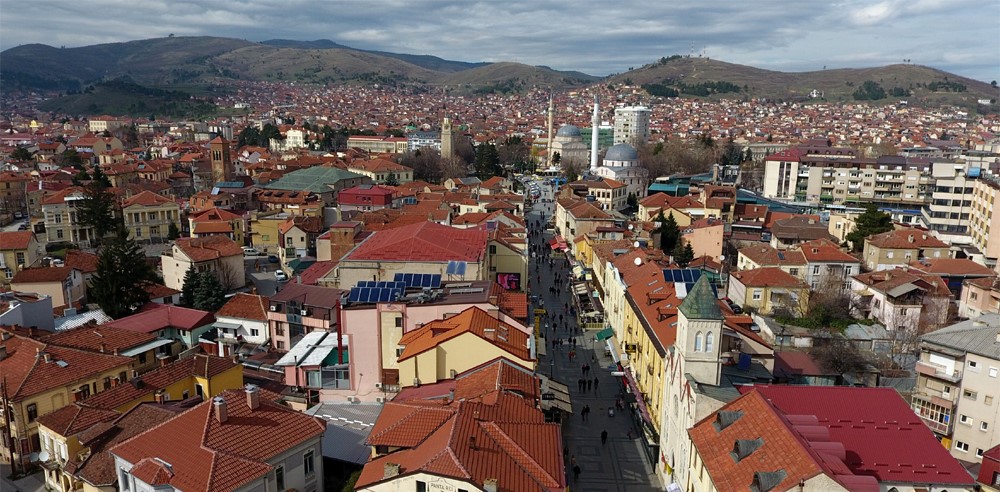Conducting a feasibility study on the conversion of a district heating system to renewable power-to-heat, serving as a basis for investment activities and upscaling.
This project is part of the European Climate Initiative (EUKI). EUKI is a project financing instrument by the German Federal Ministry for Economic Affairs and Climate Action (BMWK). The EUKI competition for project ideas is implemented by the Deutsche Gesellschaft für Internationale Zusammenarbeit (GIZ) GmbH. It is the overarching goal of the EUKI to foster climate cooperation within the European Union (EU) in order to mitigate greenhouse gas emissions.
This project is co-funded by GAUSS Institute
Role in the project: Leader.
Implementing partner: 100 percent renewable foundation – Berlin
Background According to the EU’s Strategy for Energy System Integration
District heating networks offer great potential for rapidly reducing CO2-emissions. However, decarbonizing these systems requires fundamental economic and technological changes such as new heating business cases and grid access for renewable energy. The North Macedonian region of Bitola is part of the Initiative for coal regions in transition in the Western Balkans and Ukraine – European Commission (europa.eu) which supports the region’s transitions to a low-carbon economy. A district heating network is currently under construction, which is planned to be powered by steam from a nearby coal-fired power plant. Decarbonizing the system could be realized with the use of large-scale heat pumps to be supplied with as much renewable energy as possible.

Project
A feasibility study is carried out to pave the way for a climate-neutral district heating network in the Bitola region. It will provide guidance on how to design a successful transformation of the heating sector and clarify several barriers related to infrastructure planning, stakeholder involvement and capacity development. It will also present a basis for future public and private investments, the potential of which has not yet been fully materialized for power-to-heat projects. The results of the study should also help to obtain funding from the Instrument for Pre-Accession (IPA) for realizing the decarbonization of the region’s district heating system. They will also serve as an example of good practice for local and regional policy makers, NGOs, investors, energy utilities and citizens as end users in North Macedonia, across the Balkans and in Europe in general. Outreach activities include the dissemination of information on the social and economic benefits of a decarbonized heating system for regional development.


